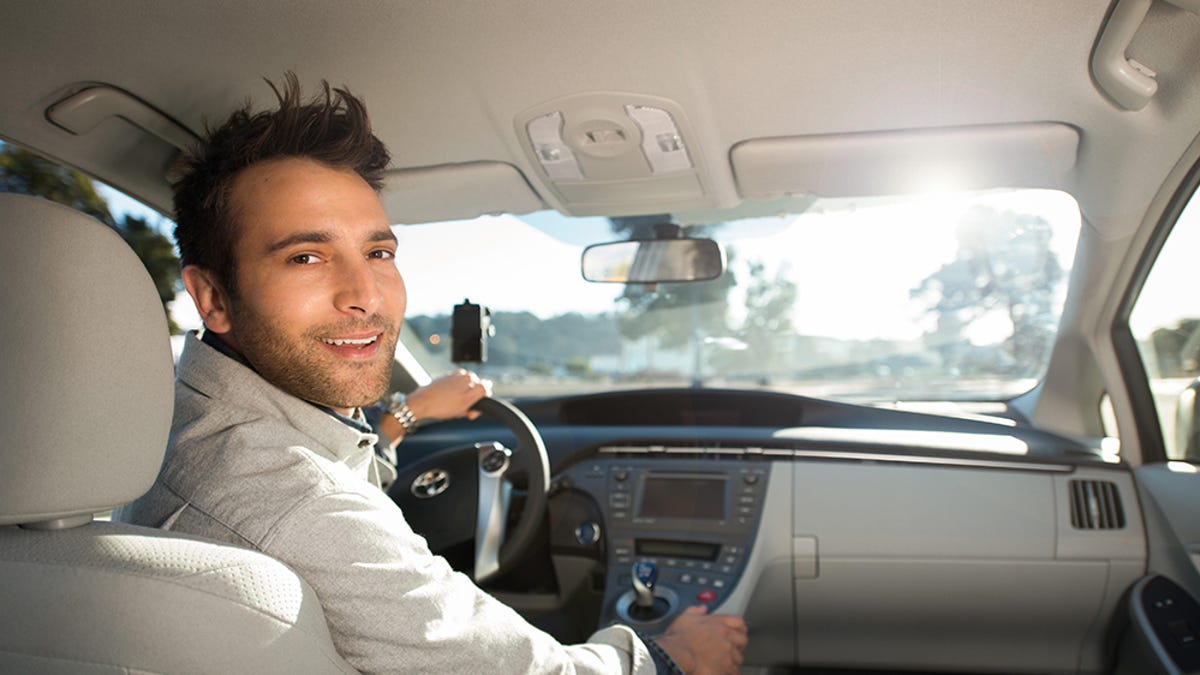Uber drivers' class-action lawsuit allowed to expand
A judge finds Uber's arbitration clause unenforceable, meaning many more drivers could join the lawsuit over how the ride-hailing service classifies its drivers.

Many more drivers will be allowed to join a class-action lawsuit over how the ride-hailing company classifies their employment.
Uber has been dealt another setback in its legal battle over how its drivers are classified.
After granting class-action status in September to a lawsuit challenging how Uber classifies its drivers, a federal judge on Wednesday ruled that many more drivers in California can join lawsuit, even if they had previously accepted the company's arbitration clause.
The lawsuit, which accused the ride-hailing service of misclassifying its drivers as independent contractors rather than employees, could have a huge impact on Uber's business model and also create a ripple effect throughout the entire on-demand economy.
US District Court Judge Edward Chen ruled that the arbitration clause that drivers agreed to when they signed up to drive was unenforceable, allowing the vast majority of Uber's 160,000 drivers in California to join the case. Chen had previously limited the class certification to drivers hired before June 2014, when the arbitration clause was enacted.
Chen also ruled that drivers are entitled to pursue reimbursement for vehicle- and phone-related expenses.
Shannon Liss-Riordan, attorney for the drivers, applauded the decision, calling it a "significant ruling."
Uber responded by saying it would immediately appeal Chen's decision.
"Nearly 90 percent of drivers say the main reason they use Uber is because they love being their own boss," Uber said in a statement. "As employees, drivers would lose the personal flexibility they value most -- they would have set shifts, earn a fixed hourly wage, and be unable to use other ridesharing apps."
Uber makes a smartphone app that sidesteps taxicabs and provides a connection between people who want a ride and de facto cab drivers who pilot their own vehicles. Since its launch six years ago, the ride-hailing service has grown from a San Francisco-based startup into a multinational service in 295 cities and 55 countries.
But its current classification of drivers as contractors means the company is not responsible for all sorts of costs, including Social Security, health insurance, paid sick days and overtime. Drivers also supply and maintain their own cars, so Uber doesn't pay for gas, repairs and other related expenses. If Uber loses the case, it might have to pay damages to all of those drivers.
The case is scheduled to go to trial on June 20.

